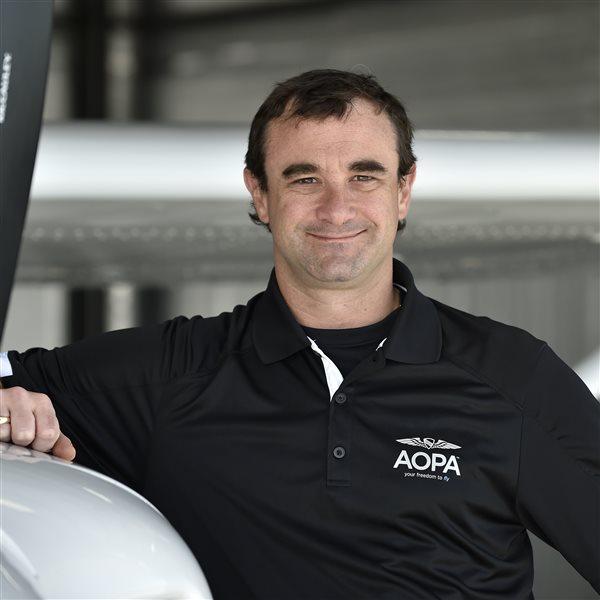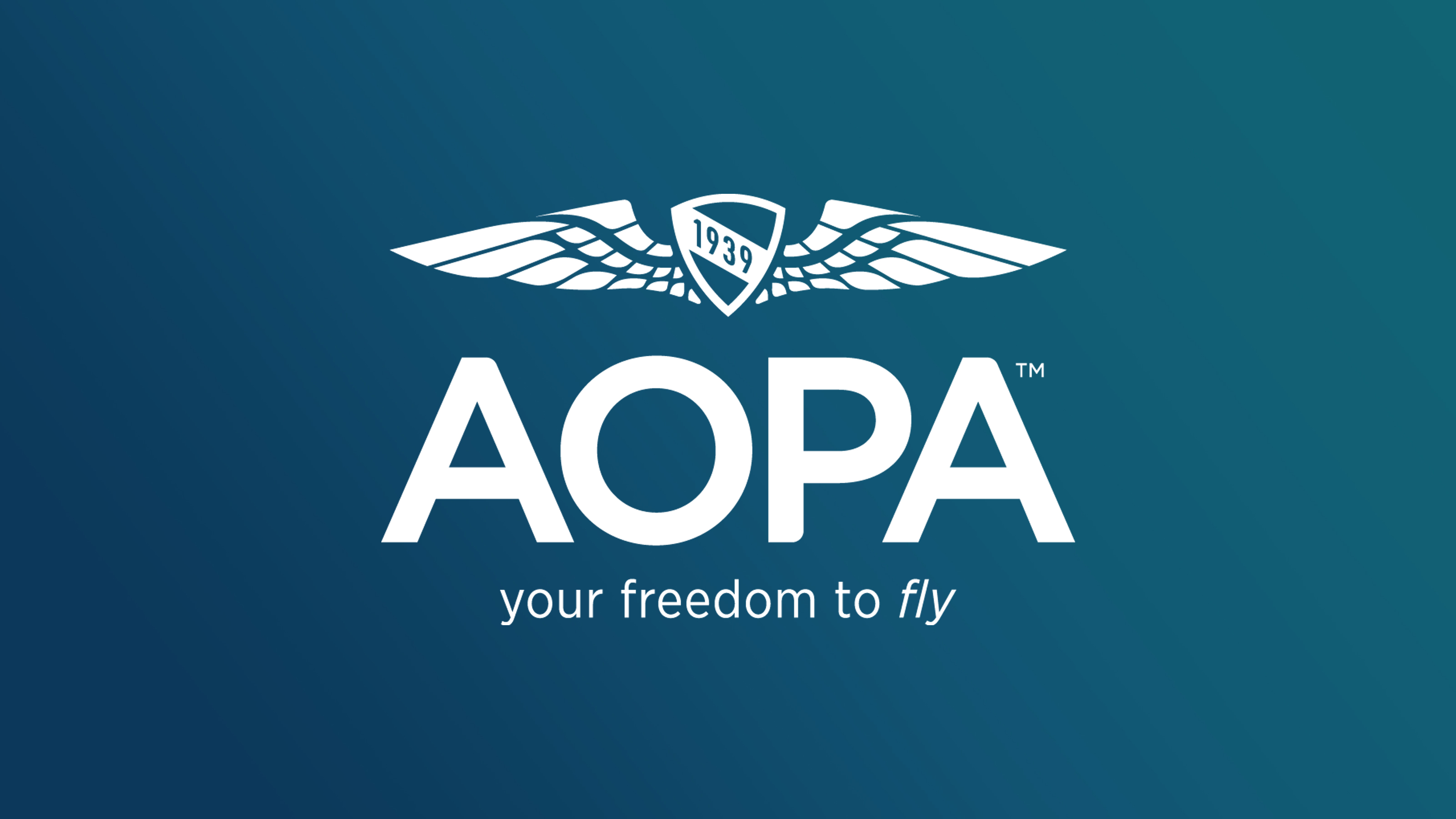
Joe Kildea
AOPA Senior Director of Communications
Joe is a student pilot and his first solo flight was at AOPA’s home airport in Frederick, Maryland. Before joining AOPA in 2015, he worked for numerous political campaigns, news organizations, and the White House Press Office.
